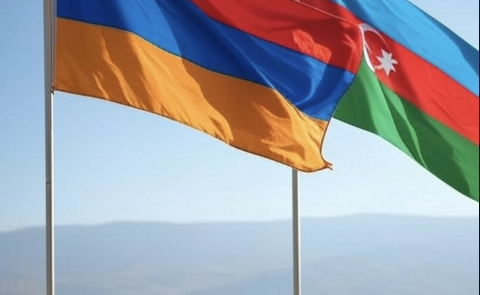
Armenia expresses dissatisfaction with CSTO response over the state border tensions with Azerbaijan
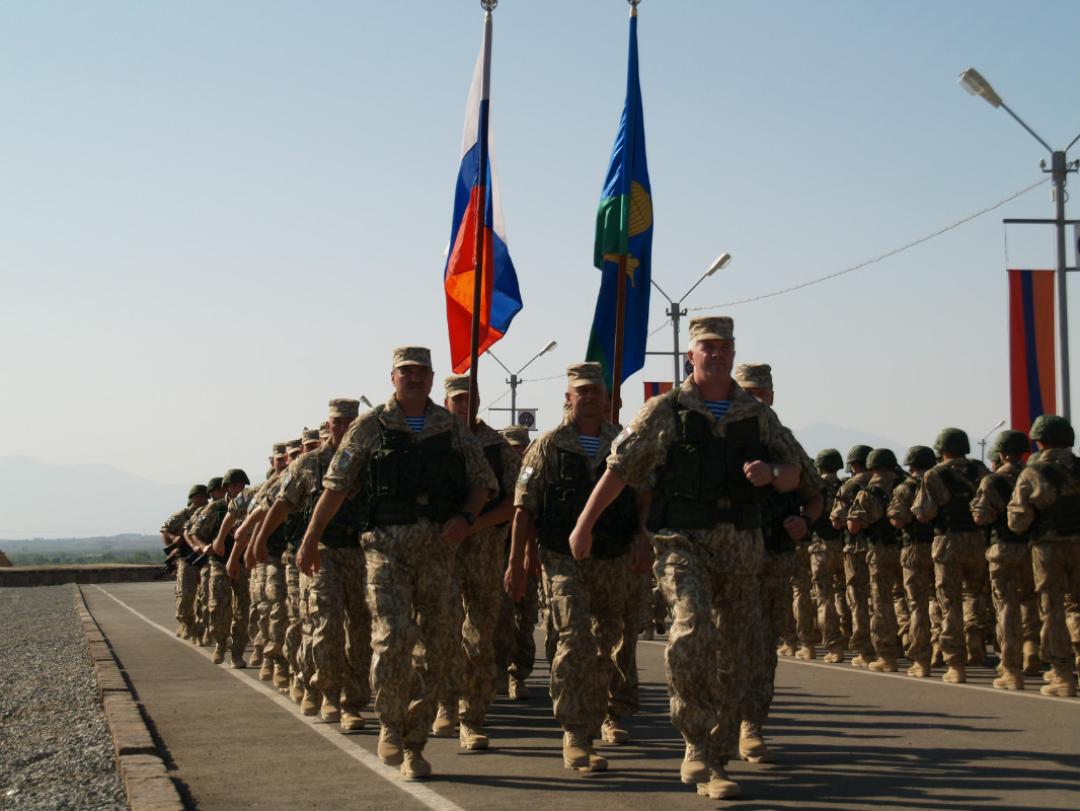
On 9 August, Armenia’s Defence Minister Arshak Karapetyan expressed his country’s dissatisfaction over the Collective Security Treaty Organization’s (CSTO) response to the border tensions with Azerbaijan when he received the secretary general of CSTO Stanislav Zas.
“We were waiting for your visit back in May. It was a fairly tense period for Armenia, but unfortunately your visit didn’t take place. Today, the situation along our border with Azerbaijan is difficult. In May, the Azerbaijani armed forces invaded the territory of Armenia in two directions. This worries us very much. We are peace advocates. In any case, we do not want the tension on our borders. At the same time, we are not ready to put up with actions that may lead to the violation of the state border of Armenia. We will resolutely defend our territories. We, of course, strive to resolve this issue peacefully, demonstrating our peacefulness. At the same time, our patience is also not unlimited: in the absence of a peaceful settlement of the situation on our borders, we reserve the right to resolve the issue by force,” Karapetyan stated.
Karapetyan expressed regret that the CSTO decision-making mechanisms and their response to crisis situations do not correspond to the needs of its member states. The head of the Armenian defence department also informed Zas about the conceptual approaches of Armenia's upcoming chairmanship in the CSTO, stressing that one of the priorities would be to improve and increase the effectiveness of the CSTO.
Zas on his behalf responded that the possibilities of a political settlement of the Armenian-Azerbaijani border conflict have not been exhausted and work in this direction must continue within the Armenia-Azerbaijan-Russia format. “We are monitoring the situation on the border with the help of the state structures of Armenia. Of course, we believe that the incidents on the Armenian-Azerbaijani border pose a security threat to the Caucasus region and, of course, to Armenia, which is a member of the CSTO. Regarding the ways of solving the problem, we think that the possibilities of a political solution are not exhausted. In fact, it would be the best option for everyone," he said at the press briefing after the meeting.
“We are seriously concerned that lately the clashes at the border have increased... This doesn’t contribute to launching the above-mentioned work. And besides, this complicates the implementation of the key agreements which have been reached between the leaders of Armenia, Azerbaijan, and Russia regarding seeking ways to end the Nagorno-Karabakh conflict and establish peace in the region. We expect that all sides will understand this and will take steps to resolve disputes politically,” he added.
Zas also said that he has “fundamental expectations” from Armenia’s upcoming presidency over the organisation. “Armenia has always displayed not only with words but actions its eagerness to develop the CSTO and increase the organisation’s effectiveness. This is seen during the entire course of joint work. And proceeding from this, we expect that during Armenia’s presidency concrete steps will be made in direction of our rotation’s effectiveness, including in various directions of the CSTO responsibility zone, unfortunately, in direction of increasing the rapid response to emerging challenges. It is still early to speak about expected steps and actions, because the development of the first-year priorities of Armenia’s presidency is still ongoing. Essentially, these are targeted regulations which will be examined during the summit due in September, and afterwards a package of several steps for reaching those goals will be proposed,” he said.
See Also

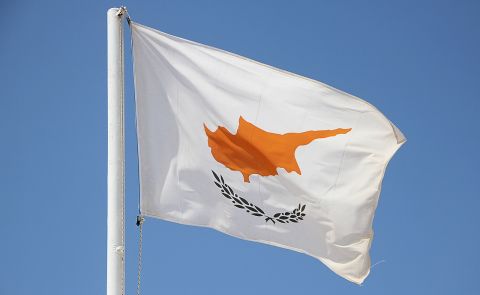
Cyprus Pledges Support for Displaced Armenians and Trilateral Partnership

EU Official Encourages Turkey to Deepen Role in South Caucasus Stability
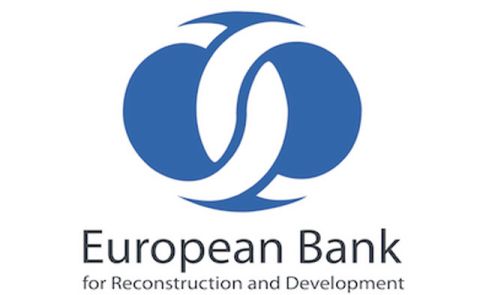
Armenia, EBRD Mark €400M Investment Milestone in Strategic Partnership
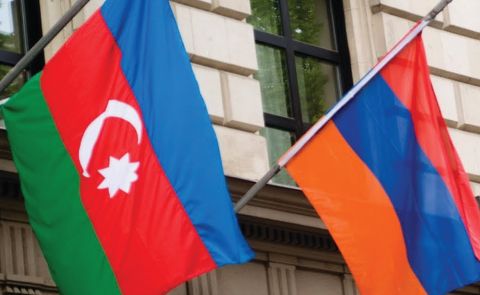
Armenian and Azerbaijani Officials Hold Separate Talks With Iranian Counterparts in Tehran

